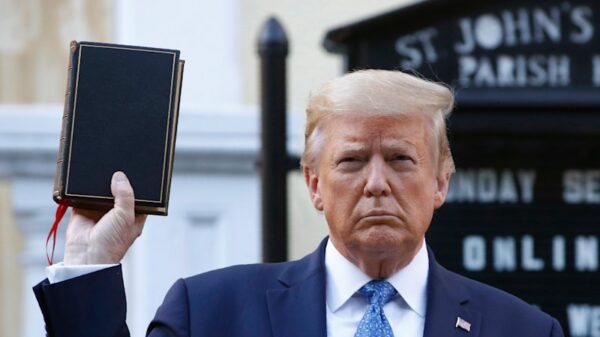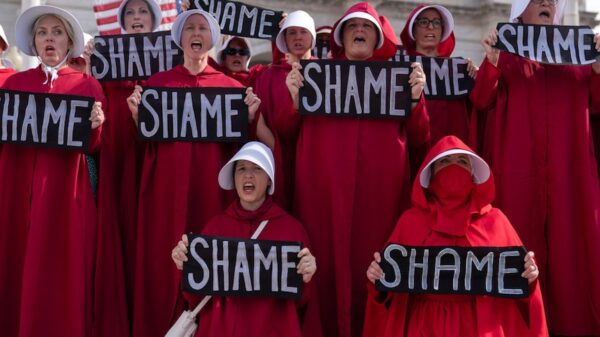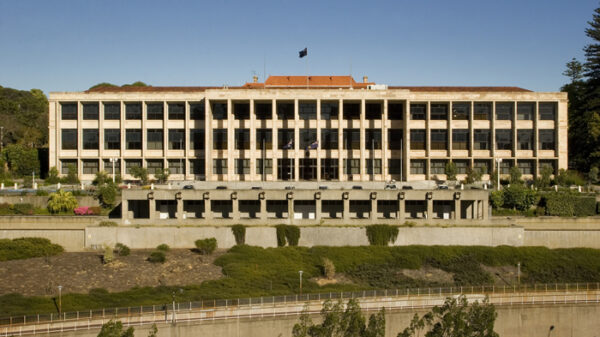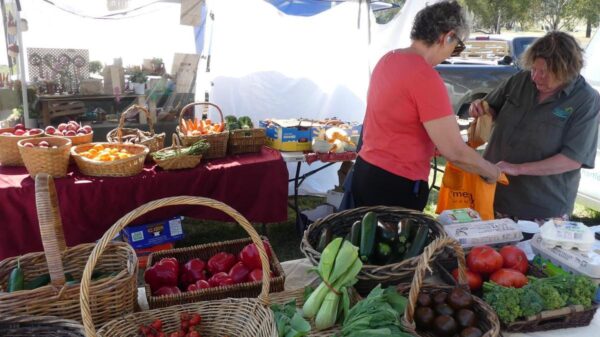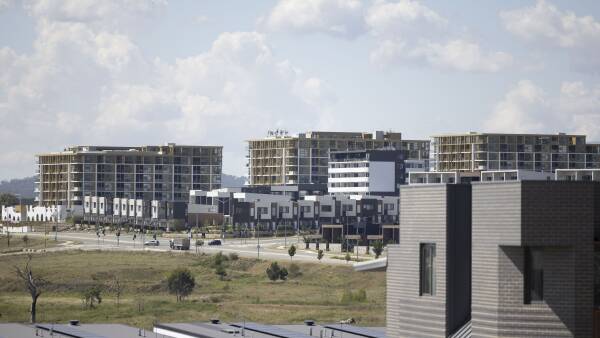More than 43,700 residents of Victoria have signed a petition urging the state government to abandon the controversial Emergency Services Volunteer Fund (ESVF) levy, which many farmers have deemed an unfair financial burden. The petition, described as “record-breaking,” was presented to the Victorian Parliament on October 13, 2023, although it may take months before it is formally debated by lawmakers.
The ESVF has sparked growing unrest among local communities and farmers, particularly in the Greater Bendigo area. One resident, Michael Shay, who serves as a volunteer and captain of the Marong Country Fire Authority, expressed the severity of the situation, revealing that his rates have surged by over 400 percent since the levy’s introduction. Shay indicated that the financial strain led him to consider drastic measures, including leaving his community and closing his business.
The petition was spearheaded by Steven Peel, a farmer from Barunah Park, and is sponsored by Joe McCracken, the Member for Western Victorian Region. “This petition sends a message to the government that this tax is so unpopular that it breaks a record,” McCracken stated. He highlighted that farmers are already grappling with challenges such as the green drought and other economic pressures.
McCracken noted the unusual coalition formed against the levy, which includes farmers, union members, and volunteers from the Country Fire Authority (CFA) and State Emergency Service (SES). “Unionists, for goodness sake, have always supported Labor, but now they are turning their back on them in droves,” he remarked, referring to recent protests in cities like Ballarat, Melbourne, and Geelong.
Local government organizations have also voiced strong opposition to the ESVF. A joint letter from the Municipal Association of Victoria, Rural Councils Victoria, and Regional Cities Victoria asserted that the levy constitutes a tax that should be funded through state revenue rather than being collected by local councils. The letter emphasized that the levy imposes an inequitable burden on primary producers and rural communities, stating, “Local government and our communities were not adequately consulted on a reform that directly affects them.”
Deputy Chair of Rural Councils Victoria, Kate Makin, expressed concern regarding the transparency of the tax collection process. “Ratepayers are very surprised at the proportion that is going back to the state government,” she noted, highlighting that the current model does not clearly communicate the allocation of funds. Makin also emphasized that the financial pressures from drought and rising costs of living make the situation increasingly dire for rural residents.
While acknowledging the importance of emergency services, the three councils stated they cannot support the ESVF in its current form. “We have urged the premier and treasurer to reconsider this policy in the interests of equity, sustainability, and fairness,” the joint letter concluded.
A government spokesperson defended the levy, asserting that it is essential for maintaining year-round safety in a region prone to fires. “Victoria is one of the most fire-prone regions in the entire world,” the spokesperson stated. They also pointed out that the government has increased its investment in emergency services, contrasting this with the opposition’s proposals to reduce funding for essential services.
As the debate continues, the future of the ESVF and its impact on Victorians, particularly those in rural sectors, remains uncertain. The petition’s overwhelming support reflects widespread discontent and calls for a reassessment of how emergency services are funded in Victoria.






